In the evolving, fragmented landscape of data privacy regulations, staying compliant with consumer rights requests is becoming increasingly complex. From the GDPR, to new U.S. privacy laws, businesses are under pressure to support data subject rights (DSR) requests efficiently for an increasingly wide net of consumers.
To this end, I’m excited to announce the general availability of Ketch No-Code Rights Automation—a transformative product for brands, designed to simplify and streamline the entire rights request process, from intake to fulfillment, without requiring any technical skills.
Modern privacy laws empower consumers, “data subjects,” to submit requests to businesses for the access, modification, and deletion of the personal data held on them. From the consumer standpoint, the process typically goes like this:
- Consumer submits a DSR request to a company for access, deletion, or modification. Usually this request is submitted via webform or email address found on the company website.
- Business has a regulated window of time (typically 30-60 days) to collect said personal info and complete the action requested.
- Business submits a response back to the consumer, usually including either an accounting of personal data held, or a confirmation that data has been deleted.
Some businesses receive few DSR requests, and completing these requests manually is a non-issue. However, this is not the case for an increasing number of brands. Between an uptick in consumer awareness of data rights and rapidly increasing volume of data privacy laws and regulations, DSR requests number in the hundreds to thousands a year for many companies.
Also Read: Splashtop Appoints Bob Davis as Vice President of Marketing
Fulfilling these requests can be a time-consuming, manual data collection challenge for a few key reasons:
- Stakeholder complexity: most requests to access or delete information span multiple business data systems and apps, and therefore, multiple stakeholders. When a request arrives, it can take weeks to coordinate tasks and notifications across various departments and credentials.
- Consumer identity: Fulfilling a DSR request requires knowing exactly what data, across all business data systems and apps, actually belongs to that consumer. For example, do you know how to identify a person’s data in a system that doesn’t include their email address? To create a unified view of what data belongs to a user, you need an identity graph that links a users’ various identities in all your different data tools with their primary identity.
- System-level execution: Once you have the collection of unique identifiers based off of an incoming deletion request, you will need to actually do the access or deletion in those corresponding systems. Calling APIs for every application and system in your business is a lot of development and maintenance work.
At scale, manual DSR processes simply aren’t sustainable. Fulfilling requests is labor-intensive, prone to errors, and not scalable.
These are complex data management problems requiring technical support. For many legal and privacy teams, lining up resources to complete this kind of development and engineering work is no small feat. Teams are either seeking budget for external professional services, or waiting in queue for in-house engineers that have other projects to juggle alongside privacy asks.
For brands, this isn’t just a legal obligation; it’s about maintaining trust and transparency with consumers, fulfilling requests in a timely manner to respect consumers’ wishes. This is where Ketch No-Code Rights Automation comes into play, offering a seamless solution to handle these requests efficiently and accurately.
Many vendors in the privacy management software category claim to automate DSRs. Unfortunately, the varying levels of actual automation capabilities have created confusion for privacy buyers. It’s hard to tell what vendor is the right fit for your brand when everyone claims the same product.
The reality is that the majority of vendors claiming to offer “DSR automation” are referring to process automation, not task automation. This means:
- In the product, you build a process that documents the steps to complete a data subject request.
- The process can be automated, but not the tasks themselves. A task = email notification to the stakeholder. Your people will still need to manually retrieve or delete the desired information.
Ketch sets itself apart by delivering true end-to-end automation. From the moment a request is received to its fulfillment across various data systems and third-party applications, Ketch handles everything through software automation.
Vivek Vaidya, Ketch Co-founder and CTO
Another common, false claim is integration depth. Many vendors claim to have hundreds, even thousands of “easy” integrations to data systems and apps. Don’t be fooled: the integrations may exist, but the cost of set-up is high. Most solutions’ “integrations” are a series of technical coding steps that require developer help. These instructions are often indigestible for a non-technical, legal stakeholder.
In these cases, you need to either a) ensure your company has the development and engineering resources to support your deployment and timeline, or b) add professional services budget to your project. Do you want to pay professional services hours to get this done anytime a new system requires integration? This is a critical consideration for time and budget.
Ketch No-Code Rights Automation includes integrations that can be configured by non-technical stakeholders–clicks, not code–with zero developer effort from your team. No professional services help is required.
Ketch’s No-Code Rights Automation is designed with non-technical users in mind, offering a suite of powerful features that make DSR fulfillment not just possible but intuitive for privacy program owners and stakeholders. A no-code solution for data subject rights (DSR) request automation is unparalleled in the data privacy software market.
Read on for the key innovations in this transformative product for privacy teams and data-driven brands.
One of our most-loved features in initial customer deployments is the visual, drag-and-drop workflow builder for designing DSR processes.
Non-technical stakeholders can construct customized DSR workflows using simple drag-and-drop icons that represent tasks, stakeholders, systems, and actions.
- Operators route the flow of the process. For example, splitting a workflow to send different types of DSR requests to different stakeholders.
- Activities complete specific tasks, like data redaction, identity verification, sending an email, or calling an API
- Systems are integrations to your systems, including internal data systems and third part applications.
From intentional manual checkpoints to completely automated processes, you have the ability to design workflows exactly as desired to match your business processes. Unlike other tools, you aren’t limited by templates or standardized workflows.
Every business has unique processes, and Ketch caters to this with infinite customization options in the drag-and-drop workflow designer.
In the clicks-not-code workflow UI, non-technical users can create any workflow required to support business expectations. Examples include:
- Splitting DSR workflows according to incoming request type, such as access vs. delete, or EU vs US
- Assigning DSR requests to different stakeholders based on consumer characteristics, such as subscriber vs non-subscriber
- Integrating workflows with any business data system or app
- Automate dynamic decision-making using variables from databases, third-party systems, employees, and consumers.
This flexibility ensures that the DSR workflows are tailored to meet specific business needs.
No-Code Rights Automation begins with the customer request submission on your digital property or website. Ketch provides customizable forms for your business to ensure that any unique info you require from the consumer to begin the request is accounted for, such as account number or username.
From the moment of consumer request submission, we leverage the Ketch identity synchronization architecture to ensure comprehensive DSR request fulfillment. Ketch maintains a complete picture of the myriad identifiers that represent each consumer across multiple touchpoints. (This architecture is essential to our comprehensive approach to consent management, too.)
- We begin by gathering the myriad of first-party and third-party identifiers generated by a consumer’s interactions across devices and platforms. This is the foundation for understanding and respecting their privacy preferences.
- Through advanced algorithms, Ketch identifies and matches different data points, creating a unified view of the consumer. This ensures that a privacy choice made in one context is respected in all others.
- With a multitude of identifiers and potential conflicts, Ketch expertly navigates the data, ensuring that the consumer’s privacy choices are consistently applied, no matter where or how they engage.
The Ketch Integration Library includes turnkey APIs to hundreds of marketing, ecommerce, analytics, CRM, and data platforms. Every integration can be configured by non-technical stakeholders–clicks, not code–with zero developer effort from your team. No professional services help is required. Have a professional services partner today? You’ll be able to eliminate any integration implementation costs from your contract. Ketch software handles it for you.
These pre-built integrations save our customers extensive time (not beholden to any engineering queue or timeline) and cost (depending on complexity, professional services amount to $20-50k per integration). Contact our team to see exact, step-by-step documentation of the process. We’re continuously adding new integrations to the library.
No-Code Rights Automation is a clicks-not-code product. Where other vendors’ documentation details technical coding instructions, Ketch provides simple, click-based configuration directions. That said–sometimes developer support cannot be avoided.
For example, perhaps your business has a homegrown system that houses data. This system probably isn’t going to be listed in the Ketch Integration Library 😉
For these unique, custom use cases, Ketch offers open developer tools. Open APIs and webhooks are available to your internal and professional services teams to address any use case. This ensures that businesses can support any unique business process or adaptation, providing unlimited flexibility.
When TIME wanted to replace their legacy privacy tech vendor, the demo of Ketch No-Code Rights Automation stood out in the evaluation process. Today, TIME uses the product to streamline DSR requests for the global digital media company.
Adam Keephart, Senior Director of Information Security at TIME, shares his experience:
The launch of Ketch No-Code Rights Automation comes at a critical time. As privacy regulations expand rapidly, businesses must be proactive in their compliance efforts. Ketch offers a scalable, efficient, and user-friendly solution that empowers non-technical teams to manage DSR requests with ease. No-Code Rights Automation provides a transformative approach to handling DSR requests, combining clicks-not-code ease of use with powerful automation capabilities.
SOURCE: Ketch







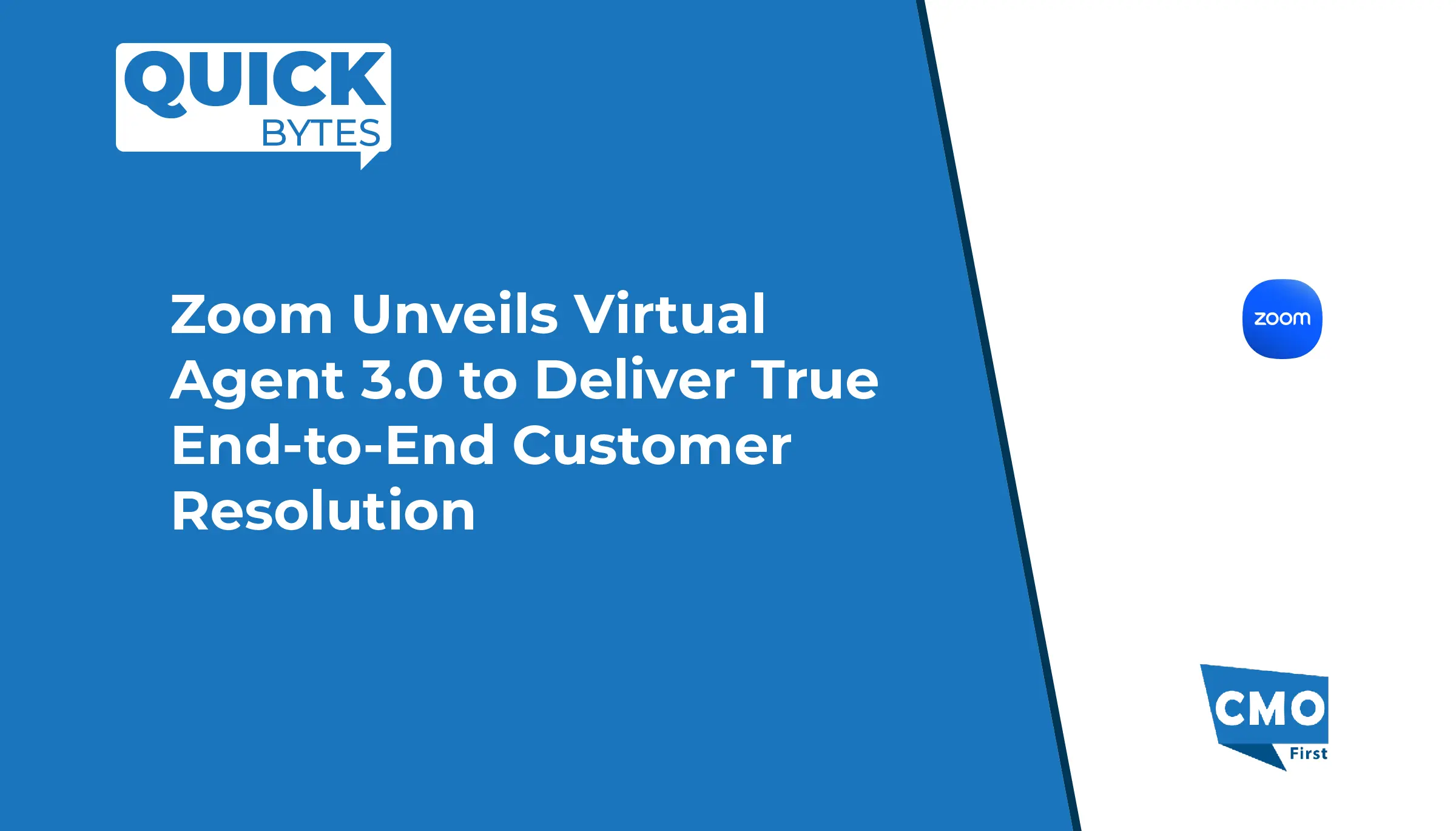



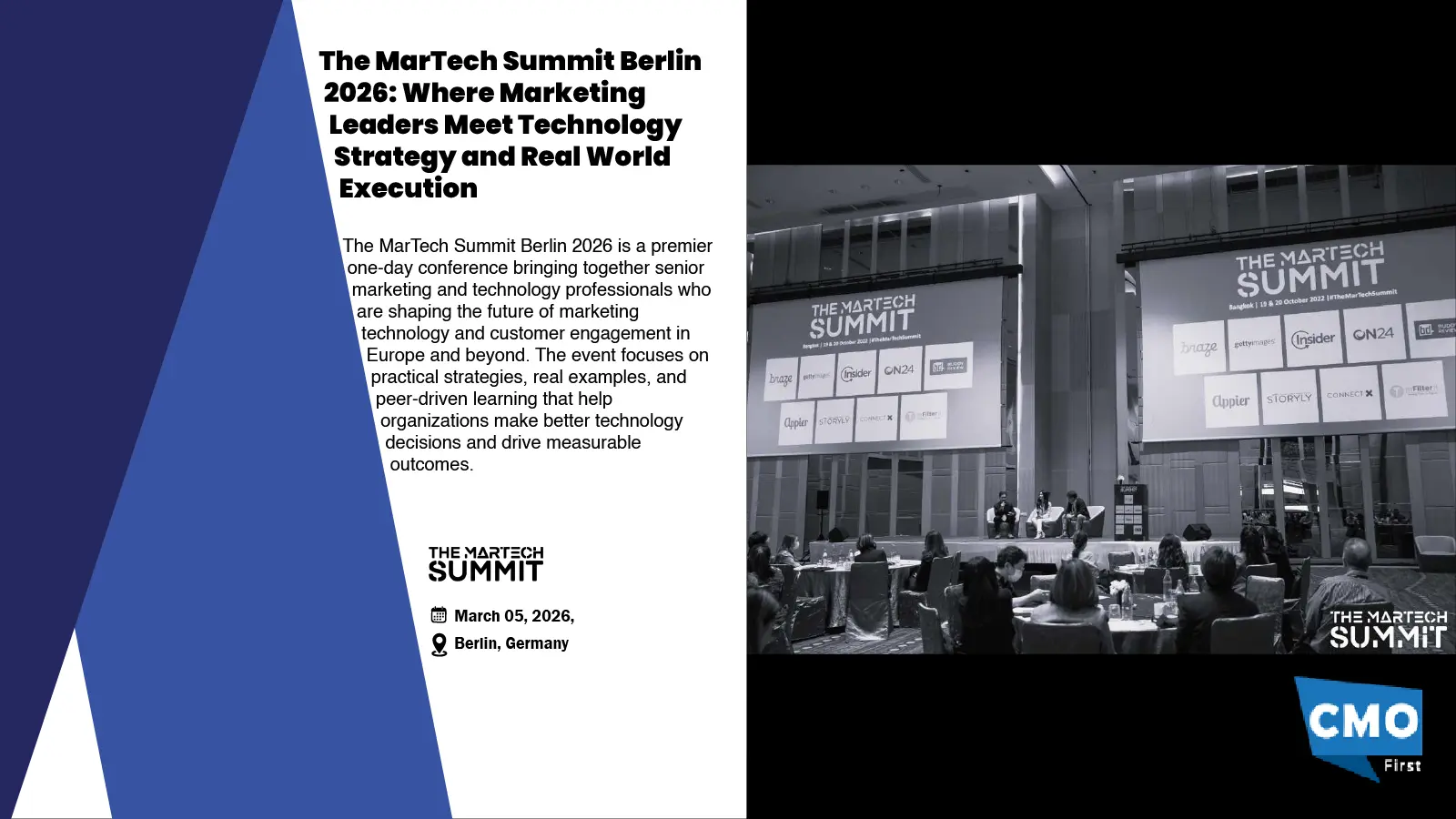

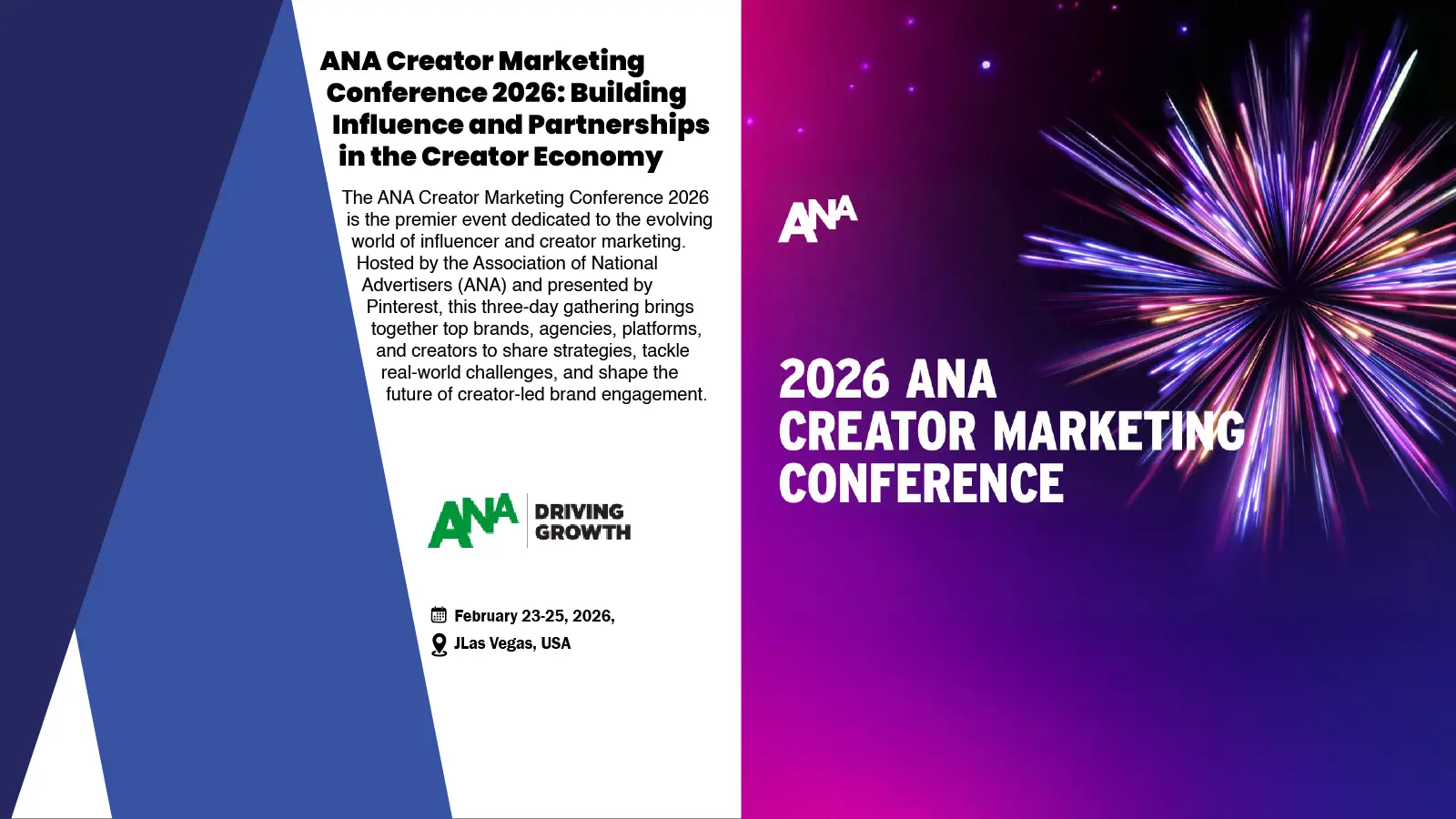



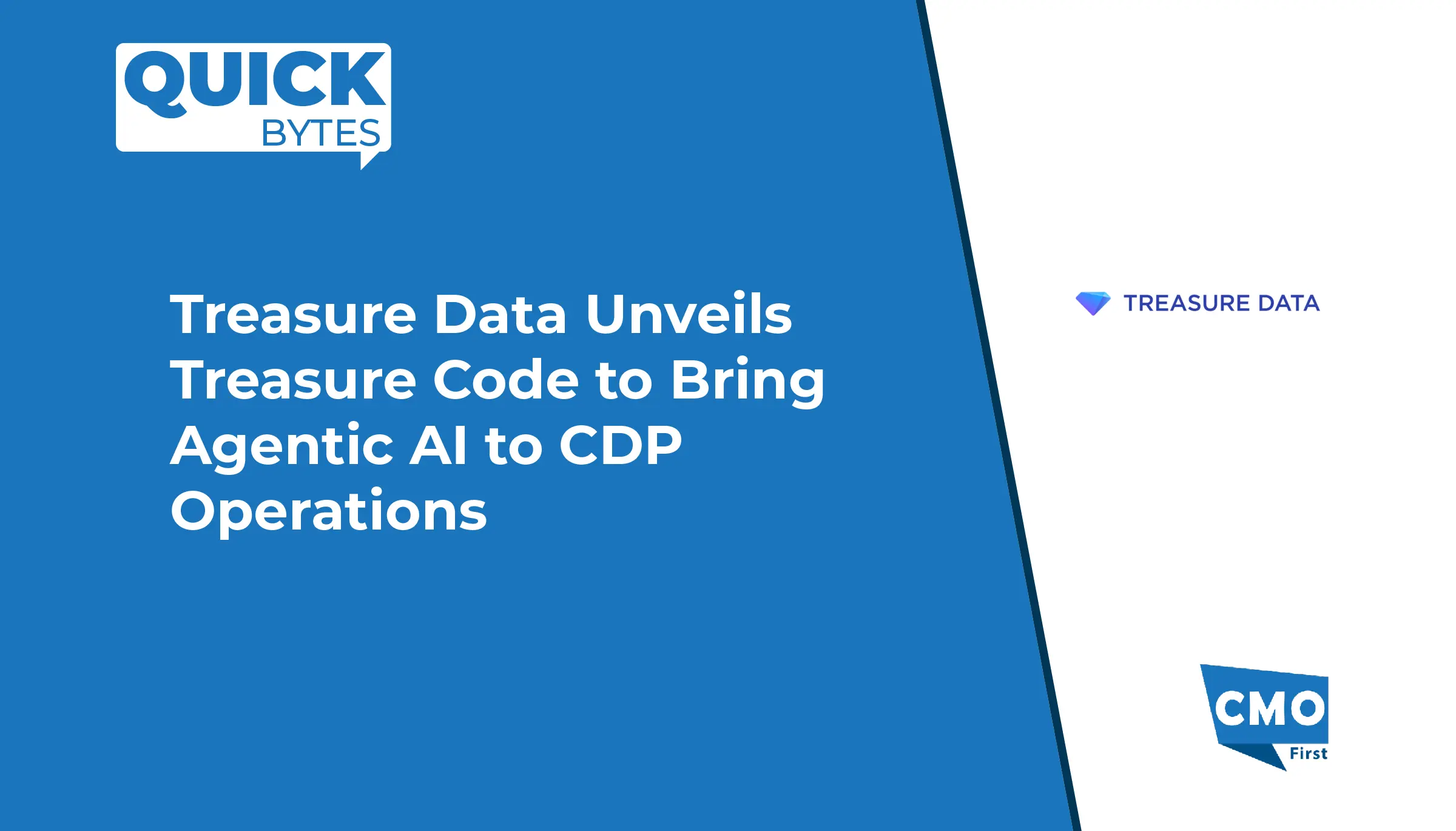

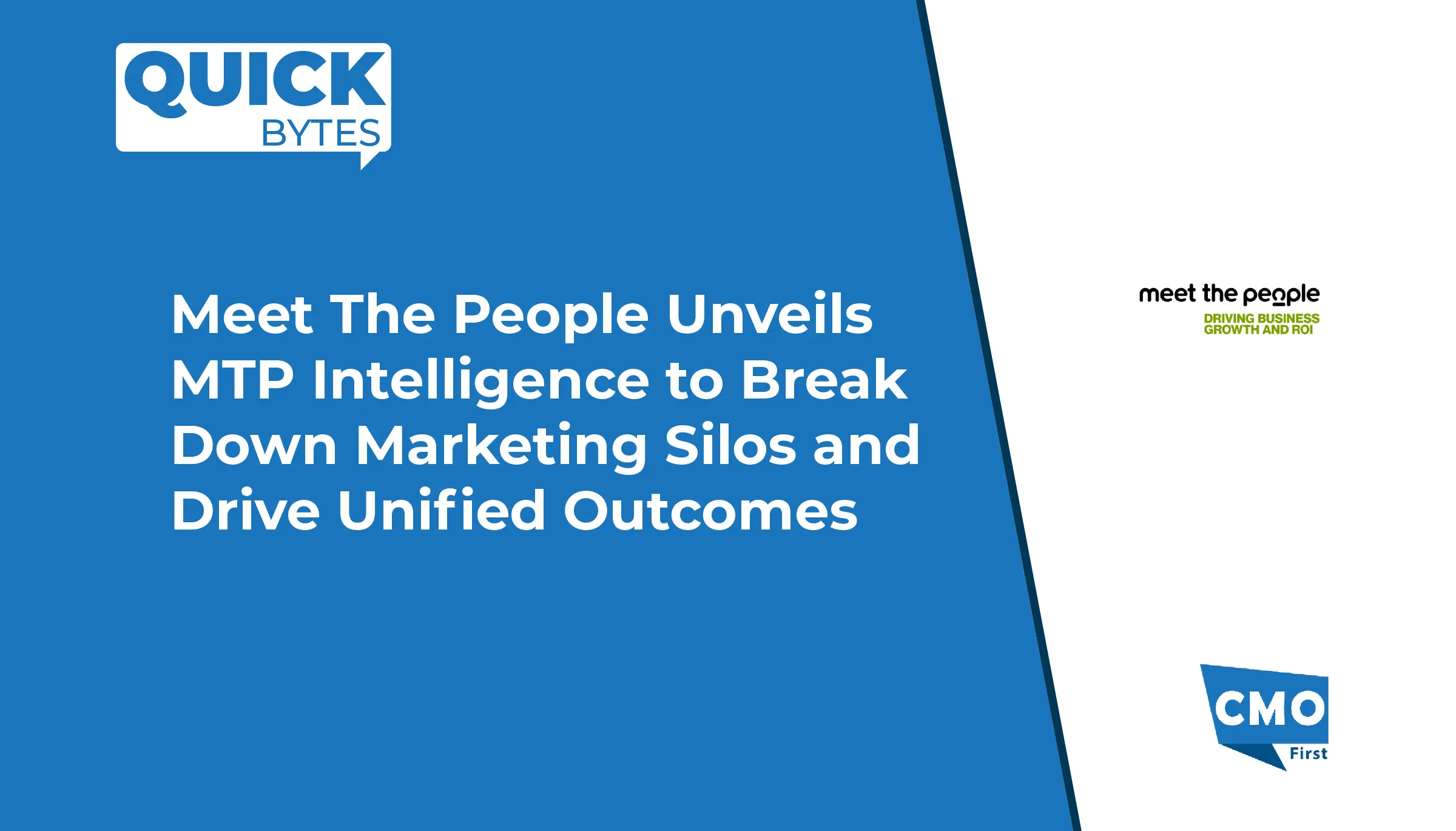





Leave a Reply